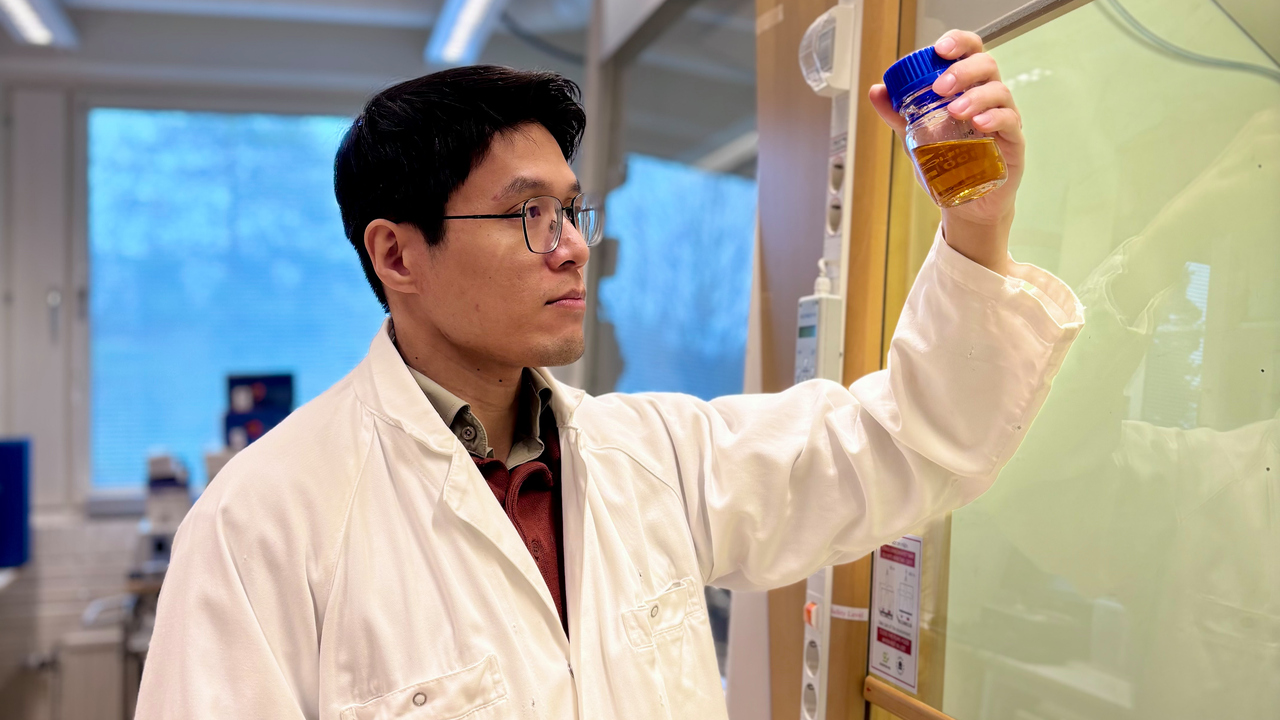About the defense
On Friday, April 4, Van Minh Dinh, Department of Chemistry at Umeå University, defends his thesis titled Valorization of biomass byproducts: the potential of chitin and lignin through solid catalysts. The dissertation takes place at 9:00 a.m. in Lilla Hörsalen, KB.E3.01, KBC-huset, Umeå University. Opponent is Associate Professor Satu Ojala, from University of Oulu, Finland.
Read the electronic publication of the thesis in Diva


